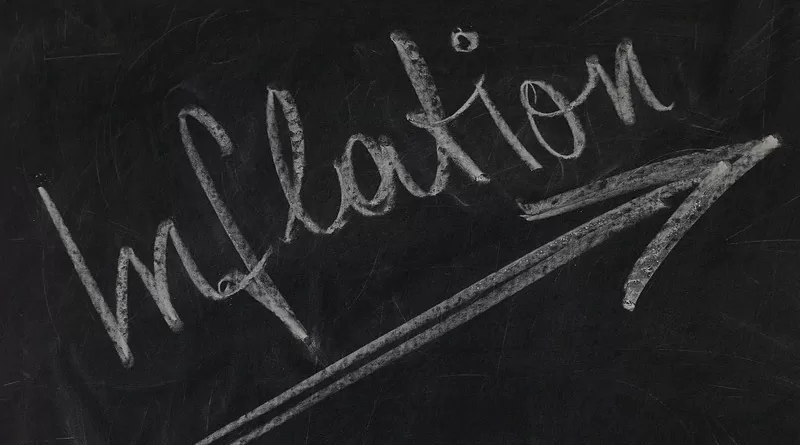Creeping Inflation In US And Unanticipated Inflation In Pakistan – OpEd
By Mir Hassan and Asadullah Rafiq
Inflation is a complex economic phenomenon that affects countries differently, and two distinct types of inflation, creeping and unanticipated, are currently shaping the economic landscapes of Pakistan and the USA, respectively. This article delves into the definitions of these inflationary concepts and explores the factors contributing to each country’s unique situation.
Creeping Inflation:
Creeping inflation, also known as mild or moderate inflation, refers to a gradual and predictable increase in the general price level of goods and services within an economy over time. In essence, it’s an expected and manageable rise in prices. The United States is currently experiencing a period of creeping inflation. But why?
Several factors contribute to this phenomenon in the USA:
Demand-Pull Inflation; the economy is heating up, with consumers eager to spend, and businesses keen to expand. This increased demand for goods and services pushes prices upward. Supply Chain Disruptions; the COVID-19 pandemic exposed vulnerabilities in global supply chains. Disruptions in the supply of critical components have led to increased production costs, which are passed on to consumers. Fiscal and Monetary Policies; the Federal Reserve has adopted an accommodative stance by keeping interest rates low and implementing bond-buying programs. These policies stimulate borrowing and spending but can also fuel inflation.
Commodity Prices; The prices of essential commodities like oil and metals have risen, affecting production costs across various industries. Overall, creeping inflation in the USA is the result of a combination of factors, some of which are a natural consequence of a post-pandemic economic rebound.
Unanticipated Inflation:
Unanticipated inflation, on the other hand, is characterized by sudden and unexpected increases in the general price level. This can have severe consequences for an economy, leading to uncertainty, reduced purchasing power, and economic instability. Unfortunately, Pakistan finds itself grappling with this form of inflation.
Why is Pakistan facing unanticipated inflation?
Energy Prices; Pakistan heavily relies on imported oil and gas. Global oil price fluctuations can significantly impact its economy, contributing to sudden increases in fuel and electricity costs. Food Inflation; the agricultural sector in Pakistan is vulnerable to climate-related disruptions, which can lead to food shortages and price spikes. Exchange Rate Volatility; Fluctuations in the exchange rate, often linked to external economic factors, can affect the cost of imported goods. Structural Issues; Pakistan faces structural challenges, including weak fiscal policies, political instability, and issues related to tax collection and public debt management, which can exacerbate inflationary pressures.
In conclusion, the economic dynamics of creeping and unanticipated inflation differ significantly. The USA’s creeping inflation is a manageable consequence of post-pandemic economic recovery, while Pakistan’s unanticipated inflation is the result of structural and external factors that require strategic and long-term solutions. Addressing these challenges in Pakistan will require a multifaceted approach that includes better fiscal management, investment in agriculture, and strategies to mitigate the impact of external shocks. In the USA, monitoring inflation closely and fine-tuning monetary and fiscal policies will be crucial to maintaining economic stability. Ultimately, understanding and responding effectively to the distinct characteristics of these inflationary trends are vital for the prosperity of both nations.
About the authors:
- Mir Hassan, Lecturer, Department of Public Administration, FMS, BUITEMS
- Asadullah Rafiq, Alumni, Department of Public Administration, FMS, BUITEMS

